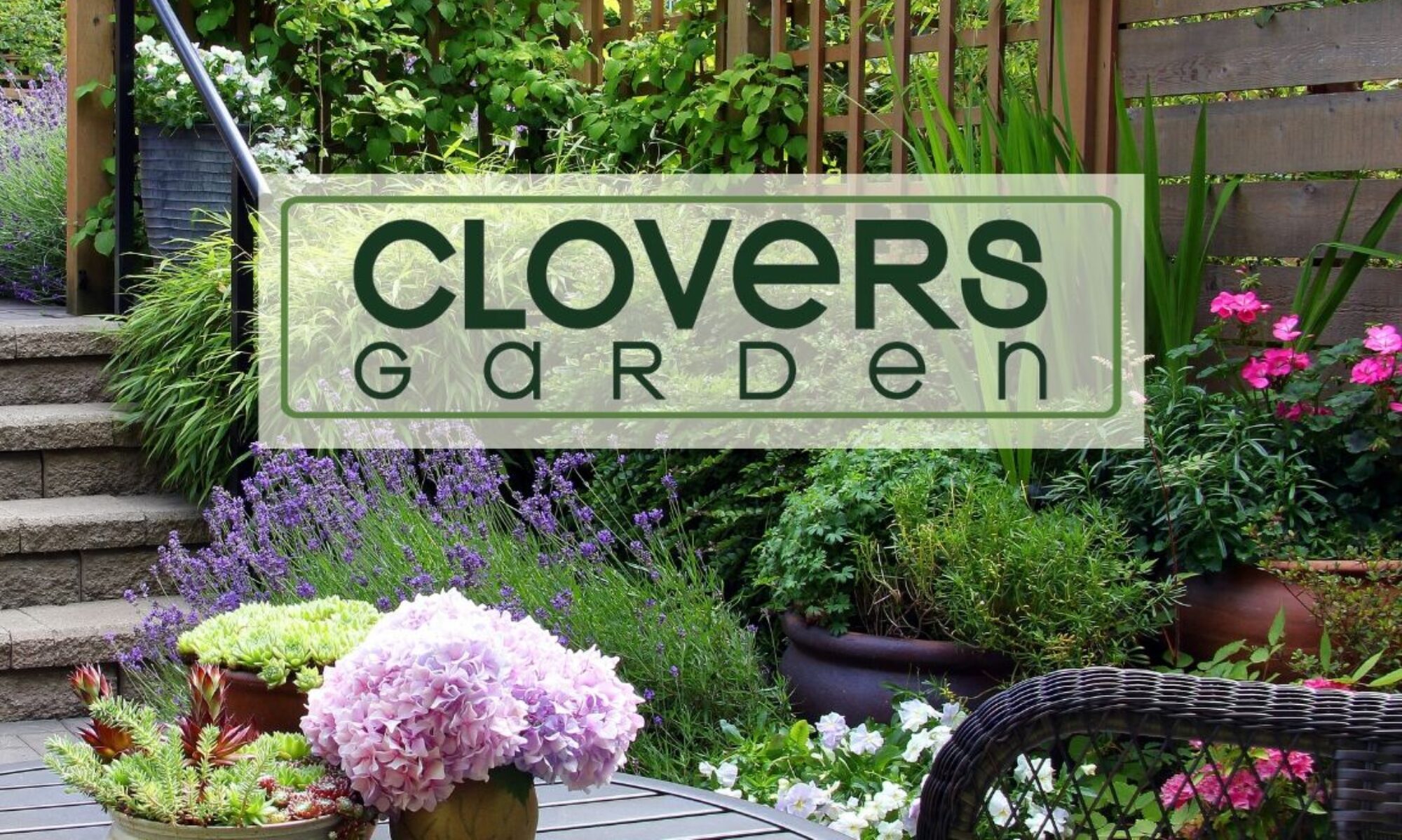 Just like people, garden vegetable plants grow best when they’re with friends! If you struggle with pests, critters, or even want a better crop, companion gardening can help! For instance, did you know that bee balm and mint planted near tomatoes will enhance the flavor?
Just like people, garden vegetable plants grow best when they’re with friends! If you struggle with pests, critters, or even want a better crop, companion gardening can help! For instance, did you know that bee balm and mint planted near tomatoes will enhance the flavor?
Gardeners have been using companion planting for centuries as a natural approach to harnessing each plant’s unique qualities to mutually benefit each other. There are hundreds of combinations to try (or avoid) so knowing the family of your plant is a good start (for example, broccoli and cabbage are from the same family so they have the same likes and dislikes). Als o, knowing your garden helps determine the problems that need fixing (for instance, not all gardens have trouble with cutworms). The easiest approach to companion gardening is to plant flowers and veggies in a haphazard way. No long rows, no big patches of one plant, just all jumbled together in your plot. This confuses insects and critters as they’re looking for their favorite treat and effectively camouflages plants from their enemies!
o, knowing your garden helps determine the problems that need fixing (for instance, not all gardens have trouble with cutworms). The easiest approach to companion gardening is to plant flowers and veggies in a haphazard way. No long rows, no big patches of one plant, just all jumbled together in your plot. This confuses insects and critters as they’re looking for their favorite treat and effectively camouflages plants from their enemies!
A little more specific approach depends on your garden so we’ll get you started with just a few of our favorites. It’s a great idea to consult a thorough gardening guide or books like the Farmer’s Almanac and look up the plants you want to include.
Here are five companion ideas for your garden:
Repel insects. Plant chives at the base of your rose bushes to repel aphids or radishes near your cucumbers to deter beetles.
Maintain soil health. Corn is a notorious user of nitrogen so plant beans alongside the corn to help protect and replenish the soil.
Provide a structure for climbing vines. Plant vining cucumbers next to sweetcorn or popcorn. The two plants will not compete for root space, the vines have support from the corn stalks, and the cukes will be done producing by the time you need to pick the corn.
Shade tender plants or create shade to keep weed growth down. Plant spinach or arugula in between rows of onion sets. The greens grow early and deter weed growth while the onions mature after the greens have been harvested.
Friends and enemies. Beans like cabbage, carrots, pea, or marigolds but hate onions or garlic. Cucumbers like cabbage and tomatoes but hate sage. Lettuce loves beets, carrots, and chives. Tomatoes love cukes, parsley, and peppers but not kohlrabi, mature dill, or corn.
Tip: By deterring bad bugs and building soil health naturally, you’ll also decrease your garden’s dependence on pesticides, herbicides, and chemical fertilizer.
